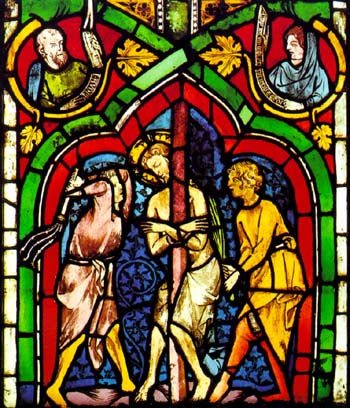 After 66 comments about his Latin Questions appeared on his blog, Fr Dwight then stopped all correspondence and purported to summarise what he had found out.
After 66 comments about his Latin Questions appeared on his blog, Fr Dwight then stopped all correspondence and purported to summarise what he had found out.His summary showed that he either had not read and understood most of the 66 comments or that he had understood them but was deliberately ignoring them. Either way that was not a just or fair response to so many carefully crafted replies to his "Latin Questions".
It was an unsatisfactory summary on a range of levels.
In the "Latin Questions" he said this:
"Don't get me wrong. I'm not trying to be critical or unkind. These are genuine questions. Can anyone who reads this blog, and who is keen on the Latin Mass answer them for me?"
and
"These are honest questions by someone who is seeking to understand."
Was he serious? Apparently not. That is disappointing.
Some wrote extensively answering his "honest questions" and he appears to have ignored them almost entirely. That was not very pastoral.
Key points that were made to him included the following:
1. The 2,000 year old Mass is NOT (I repeat) inaudible at Solemn High Mass which is the norm. Neither is it inaudible at the Missa Cantata. You simply ignore this fact inconvenient to your thesis. This is not a "complex academic argument". An intelligent 12-year-old could understand it.
2. The norm for the Novus Ordo is Latin not the vernacular. Read Vatican II and you will see that. You thus accuse Vatican II of opposing "common sense". And again this is not a "complex academic argument".
3. The 300 or more mistranslations of the Latin in English are egregious and serious. The word sacrifice only appears once in the English and that as a mistranslation. The language is not, by any stretch of the imagination, simple, utilitarian and dignified, still less functional. It is theologically unsound. Even in Latin Bugnini's Collects are doctrinally ambiguous. Practical? Straightforward? I'm afraid not. Moreover, the fact that the Holy Father has ordered that the translations be re-visited underscores and re-emphasizes this point. But you simply ignore it!
4. Hebrew, Greek and Latin were used for the Mass because they are the 3 languages sacred to Christianity, not so that more people could immediately understand them. How many Roman citizens understood Hebrew, the first language used for the Mass?
5. If you think the Sacred Liturgy is about "options and opportunities for varied expressions of worship", especially of the sort that are abused, then perhaps you have missed the boat and simply do not understand what Liturgy is actually for. It is not a game. We pray in order to save our souls not merely as some Sunday leisure activity. The idea that it is about self-selection of "options and opportunities" is a more Protestant idea of how to praise God. We should praise God not in the manner we like best but in the manner that He, over the centuries through the Holy Spirit, has shown that He likes best.
6. If you think the new lectionary is vastly improved then I suggest that is because you simply have little or no experience of the old one. The new lectionary has been bowdlerised to leave out certain passages that would "offend" modern sceptical and secular man. The new Breviary is even more radical a departure from Sacred Tradition. It even abolishes Prime so that the Psalmic basis of the Breviary is undermined and prayer is offered 6 times a day instead of 7. Moreover, there is no call to "rise at night to praise his name" as the Psalmist has it since Matins was abolished and replaced by a complete novelty called "The Office of Readings". The real evidence of the partiality of the new Breviary is that radical changes were only made to the Roman rite and not any of the other rites, nor even the Monastic Breviary which is virtually unaltered. The connection between the Roman Breviary and the Monastic is thus severed. One could be forgiven for thinking that Bugnini intended to alter the Faith of millions rather than make genuinely needed changes.
7. Your final remark is a flat refusal even to listen to others let alone to engage with them. If you "accept the authority of the Catholic Church" then most of your arguments fly out the window since it was not the "authority of Catholic Church" which gave us the poorly translated English that you and others now regularly use at Mass but the connivance of disobedient modern "liturgists" and liturgical committees, indolent pastors, and complacent bishops. Such a mess is by no stretch of the imagination "one of the fruits" of the Second Vatican Council. Moreover, your claim that you "accept her authority in the past down through the ages" is also hollow since you seem to have little interest in, and less knowledge of, what the Church has taught through the ages about its liturgy. You need to do some research about this.
*****
It is disappointing that he began so well and ended thus.
After publishing his summary ignoring the extensive responses that he had elicited, Fr Dwight then ignored those of his friends who wrote to him about it.
This tended further to undermine the "honest enquiry" theme that he had so reasonably started out with. That seemed a great pity.
If it was a deliberate snub (which I hope not) I am afraid I am bound to say that it is par for the course in the treatment of Traditional-rite Catholics. However, now that the Holy Father has published the motu proprio is the time to make amends.










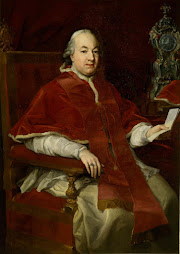












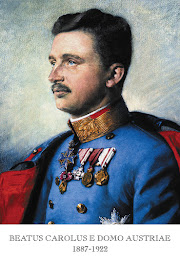





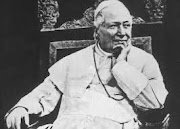
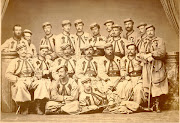

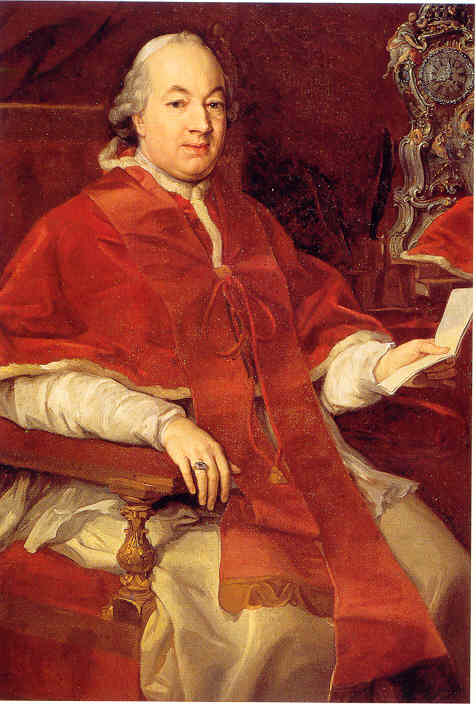
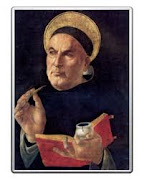





_-002.jpg/220px-Circle_of_Anton_Raphael_Mengs,_Henry_Benedict_Maria_Clement_Stuart,_Cardinal_York_(ca_1750)_-002.jpg)

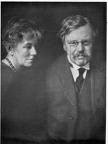

No comments:
Post a Comment